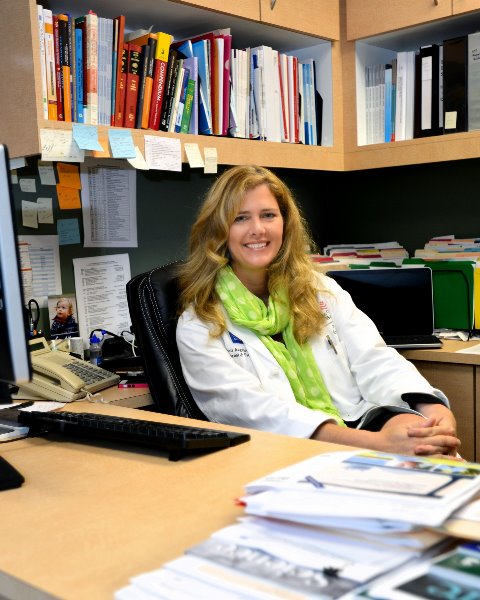Category: Diabetes
Poster Session IV
(1093) Impact of maternal T1D but not Cesarean delivery on the neonatal microbiome
It has previously been reported that infants of Type1 DM gravidae have an altered microbiome. However, distinguishing the relative impact of underlying maternal T1D disease from confounding effects of glycemic control, medications, and mode of delivery is challenging. We hypothesized that a rigorous prospective study design collecting samples at birth would allow us to tease apart the impact of T1D vs other potential confounders and identify maternal sources contributing to her neonate’s microbiome. Our aim was to compare a rigorous study cohort of maternal - neonatal dyads with T1D (n=92) paired with case controls (n=90) and their n=527 vaginal, rectum, and ear-skin swabs and stool samples.
Study Design:
DNA extractions from all samples were sent for 16S V4 amplicon metagenomic sequencing (Illumina) followed by bioinformatics analyses of microbial ASVs (DADA2) to ascribe the sourcetracker2 by dyad pair analyses.
Results:
Overall, the vast majority ( >36%) of the neonate’s microbiota comprising its microbiome within 2 days of birth could be attributed to its maternal source (Fig. & Table). When stratified by source type and delivery method, we observed a significant effect of maternal T1D disease but not mode of delivery (Fig & Table). In both control and T1D dyad pairs, the greatest source contributor to the neonatal microbiome was traced to maternal stool source and vaginal vs stool vs cervix were not of significant difference in vaginal vs Cesarean born neonates.
Conclusion: Although this study is limited with respect subject diversity, these findings by and large suggest that maternal contributions to the neonatal microbiome are the principal sources, and there is variation by virtue of maternal T1D. Given that vaginally delivered & Cesarean born neonates are equally likely to have the majority of their microbiota tracked to maternal stool and vaginal sources, this reinforces the notion that intrauterine factors likely influence the infant microbiome.

Michael D. Jochum, Jr., PhD
Postdoctoral Research Associate
Baylor College of Medicine
Houston, Texas, United States- MG
Marzena Gajęcka, PhD
Poznan University of Medical Sciences
Poznan, Poland, Poland - PG
Pawel Gutaj, PhD
Poznan University of Medical Sciences
Poznan, Poland, Poland 
Maxim D. Seferovic, PhD
Assistant Professor
Department of Obstetrics & Gynecology, Division of Maternal-Fetal Medicine, Baylor College of Medicine and Texas Children’s Hospital
Houston, Texas, United States- LS
Lori Showalter, BS
Baylor College of Medicine
Houston, Texas, United States - CS
Cynthia Shope, MS,MA
Lab Manager
Baylor College of Medicine
Houston, Texas, United States 
Kjersti M. Aagaard, MD,PhD
Professor and Vice Chair of Research Department of Obstetrics and Gynecology, Division of MFM
Texas Children's and Baylor College of Medicine
Houston, Texas, United States- MR
Malgorzata Rydzanicz, PhD
Department of Medical Genetics, Medical University of Warsaw, Wielkopolskie, Poland
- KJ
Katarzyna Jaskiewicz, MD, PhD
Department of Neonatology, Poznan University of Medical Sciences
Poznan, Poland, Poland - DK
Dorota Kaminska, PhD
Chair
Department of Genetics and Pharmaceutical Microbiology, Poznan University of Medical Sciences
Poznan, Poland, Poland - GK
Grzegorz Kosewski, MD, PhD
Department of Bromatology, Poznan University of Medical Sciences
Poznan, Poland, Poland - JP
Juliusz Przyslawski, MD, PhD
Chair of Bromatology
Department of Bromatology, Poznan University of Medical Sciences
Poznan, Poland, Poland - RP
Rafal Ploski, PhD
Professor
Department of Medical Genetics, Medical University of Warsaw
Warszawa, Poland, Poland - EW
Ewa Wender-Ozegowska, MD, PhD
Vice- Rector for Doctoral School and Postgraduate Education
Department of Reproduction, Poznan University of Medical Sciences
Poznan, Poland, Poland

.png)
